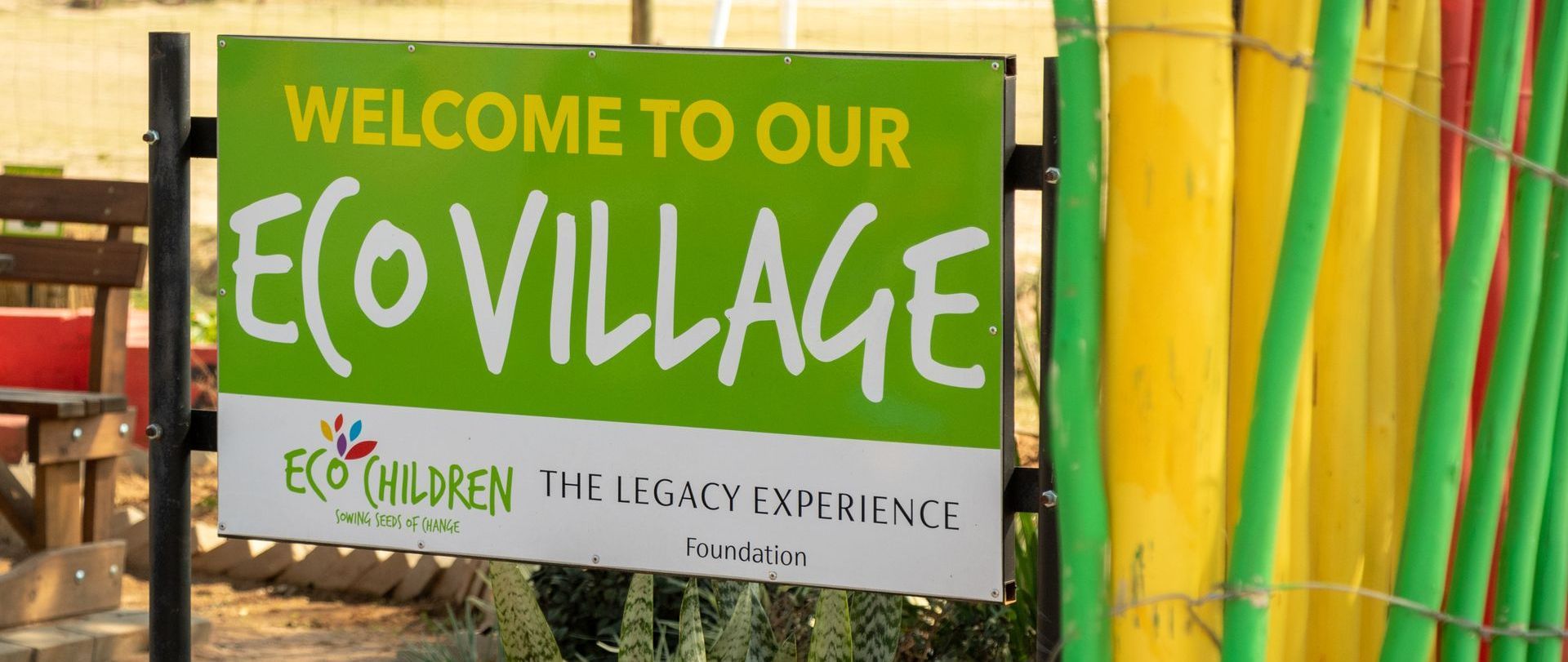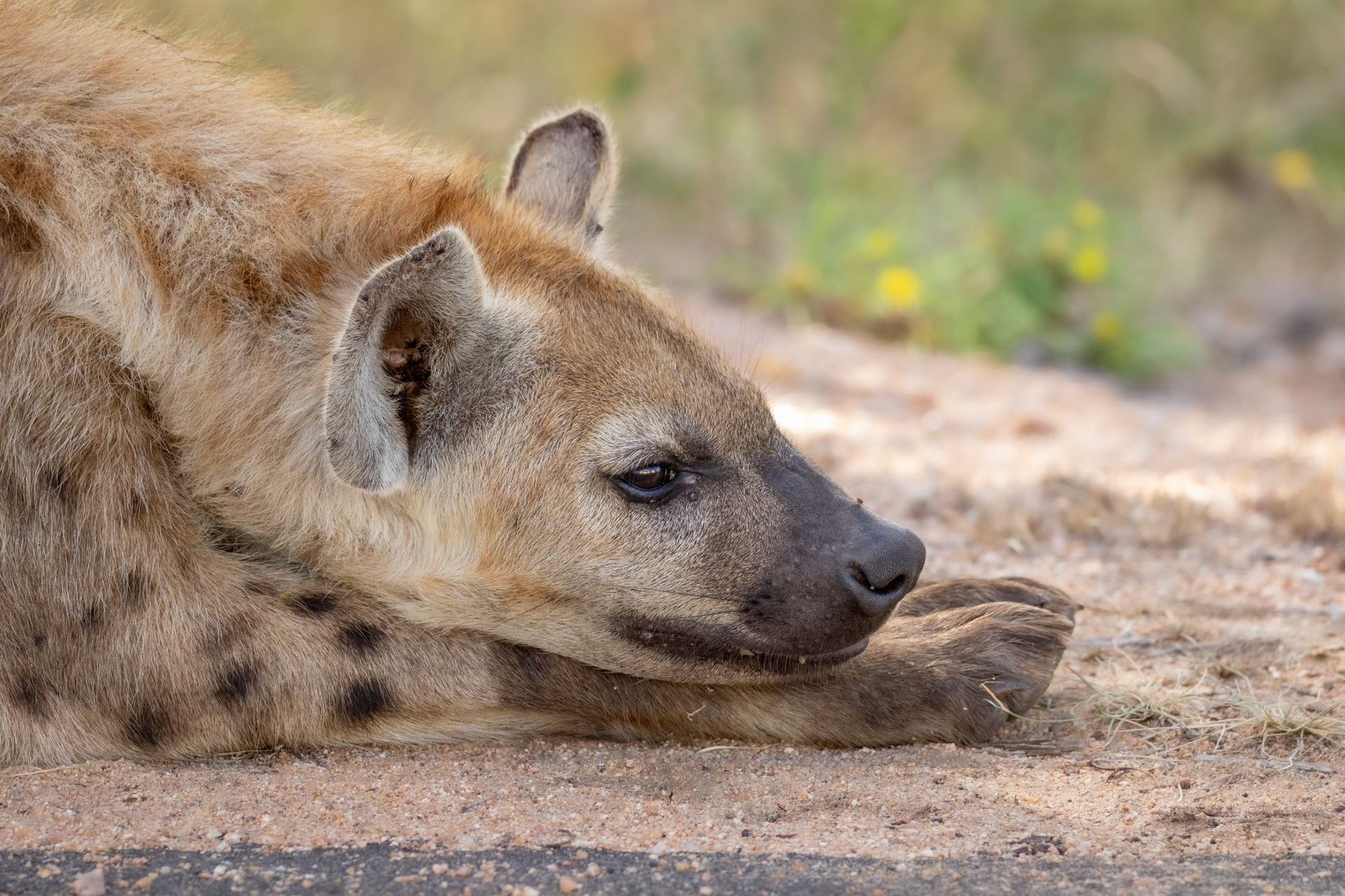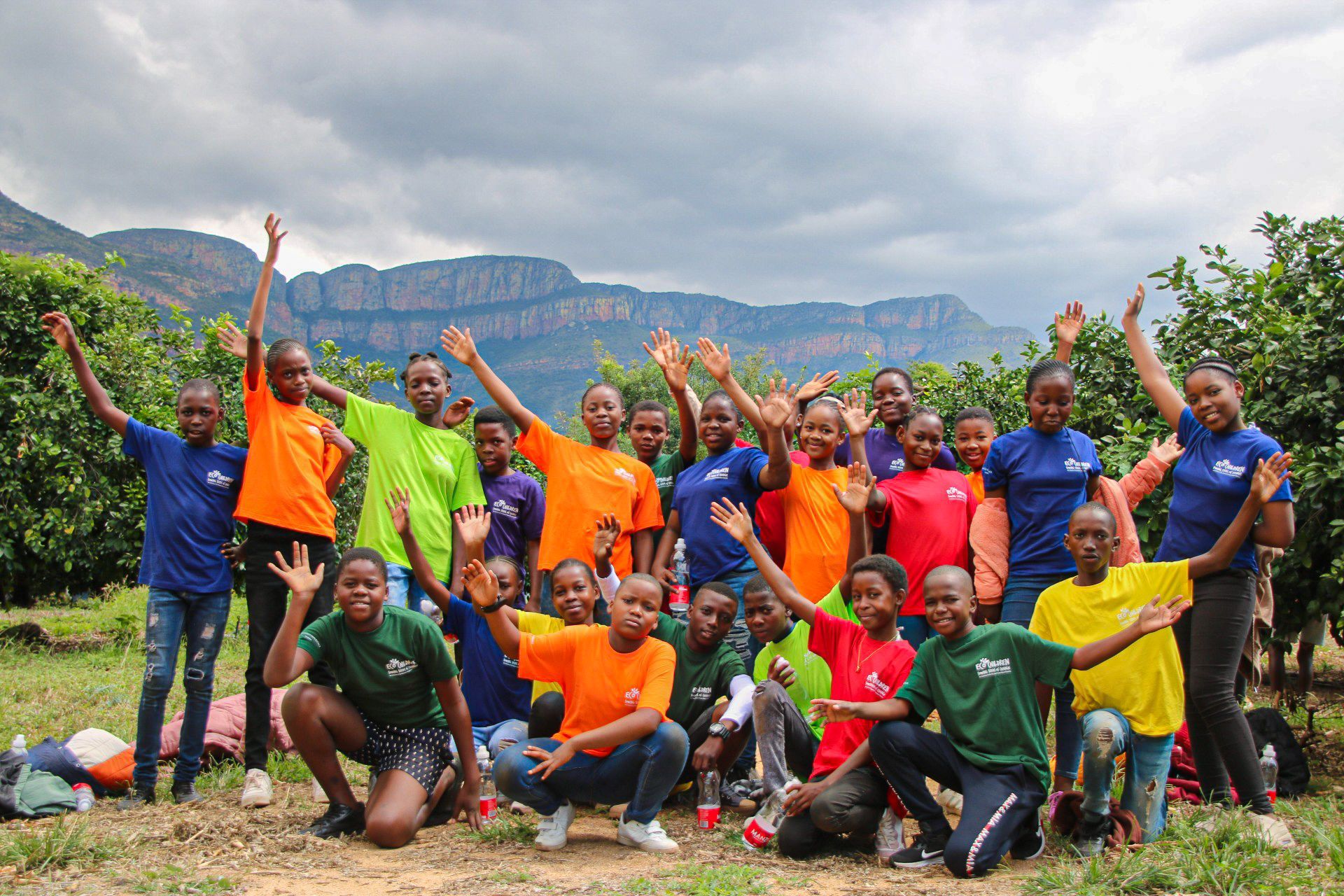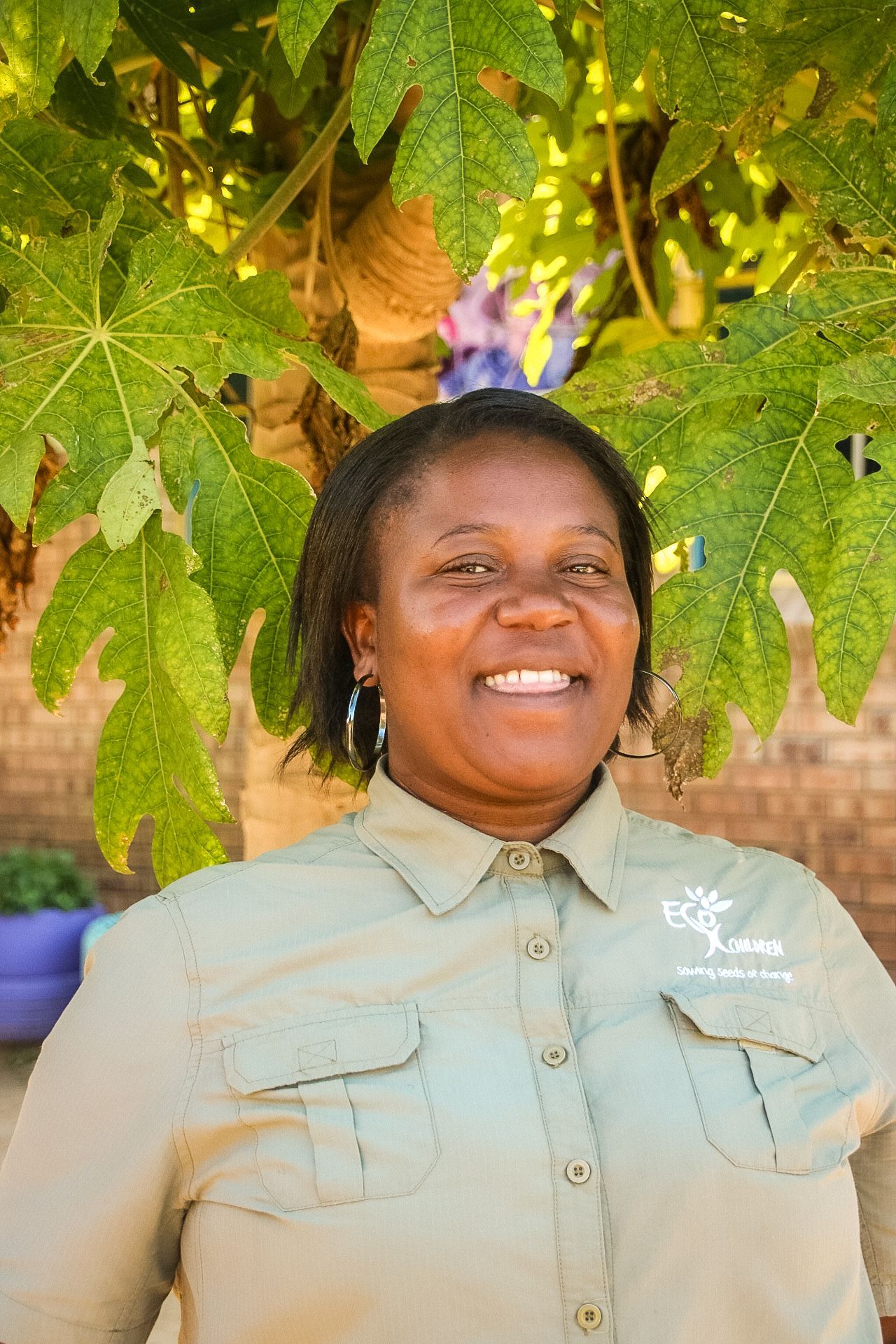Our Eco Gardens grow more than just vegetables
In the heart of Limpopo, where the sun rises over the bushveld and the soil tells stories of resilience, something beautiful is taking root — and it’s more than just spinach and tomatoes.
At Eco Children, we’ve always believed that education and environment go hand in hand. That belief comes to life in our school gardens — vibrant, living classrooms where children are not just learning to plant food, but growing confidence, knowledge, and a deep connection to the land.
🌱 Sowing the Seeds of Sustainability
Each garden starts with a patch of soil and a whole lot of hope. Through our garden program, we partner with schools to establish productive vegetable gardens that are cared for by the learners themselves, alongside their teachers and community members.
The goal? To promote food security, environmental education, and hands-on learning — all while supporting the nutritional needs of learners. From composting and water-wise gardening to understanding the life cycle of a plant, children don’t just read about these things — they live them.
🍅 More Than Meals: A Lesson in Life
Yes, these gardens help supplement school feeding schemes with fresh, healthy produce like cabbage, carrots, and beets. But the true impact goes far beyond the plate.
Learners gain:
• Skills in agriculture and teamwork
• Pride in nurturing something from seed to harvest
• Respect for the environment and sustainable living
• Knowledge, they take home, sharing what they learn with their families
👨🏾🌾 A Whole Community Grows
The ripple effects are incredible. Parents become involved. Community members volunteer. And soon, the garden becomes a space where everyone learns and contributes.
In some schools, surplus produce from the gardens is sold to support school needs or reinvested into expanding the project — a small but mighty example of community-led development.
🌍 Growing Hope, One Seed at a Time
In a region where challenges like poverty, food insecurity, and climate change are very real, these gardens are a quiet revolution. They teach our children that change doesn’t always come from far away — sometimes, it starts with your hands in the dirt and a seed of an idea.
So yes — we’re growing vegetables. But more importantly, we’re growing leaders, caretakers, and changemakers for tomorrow.






